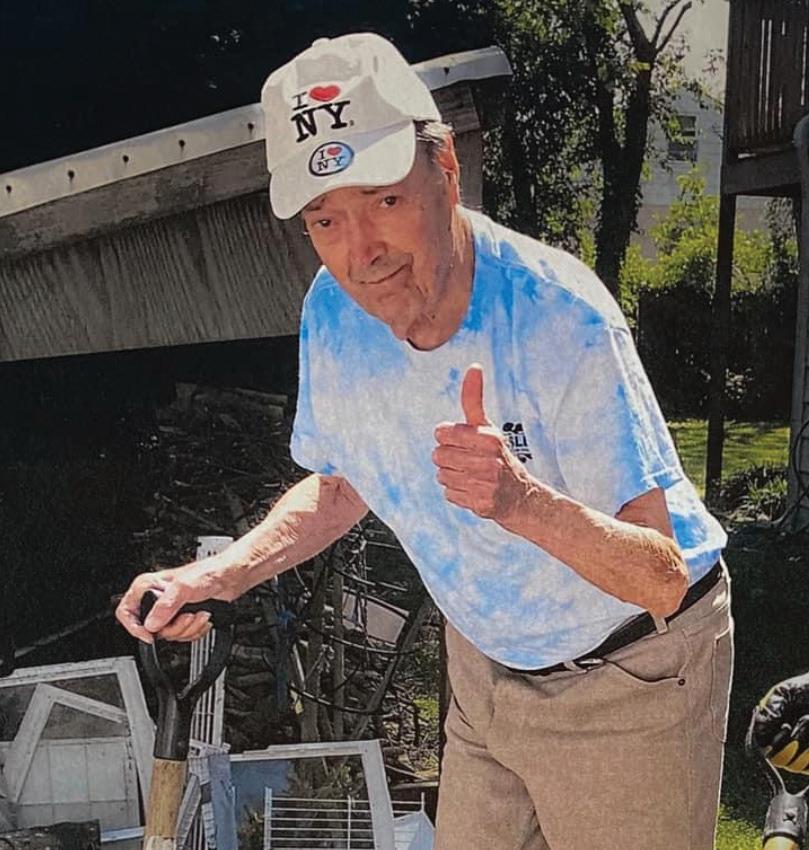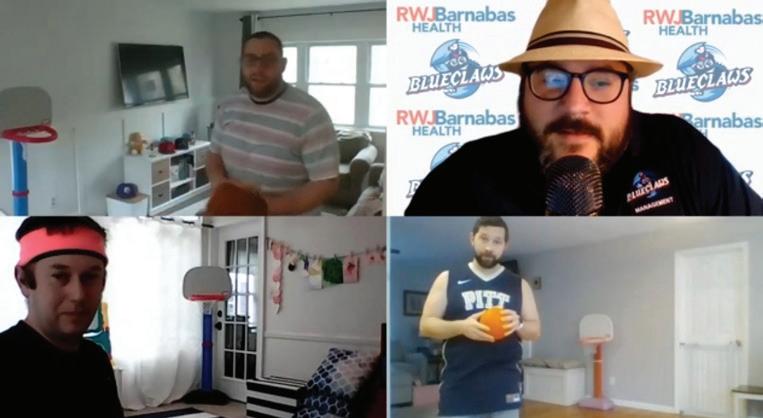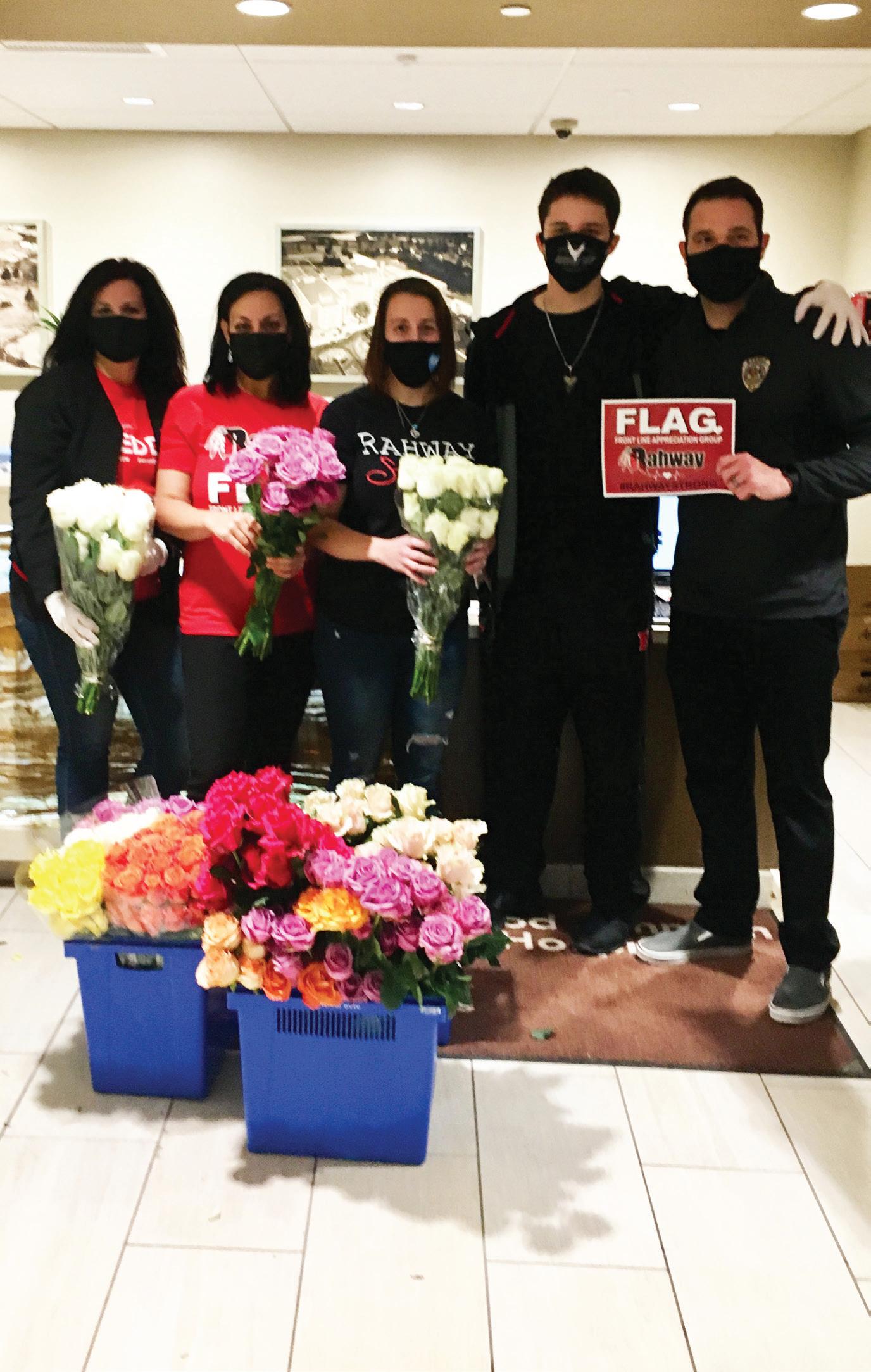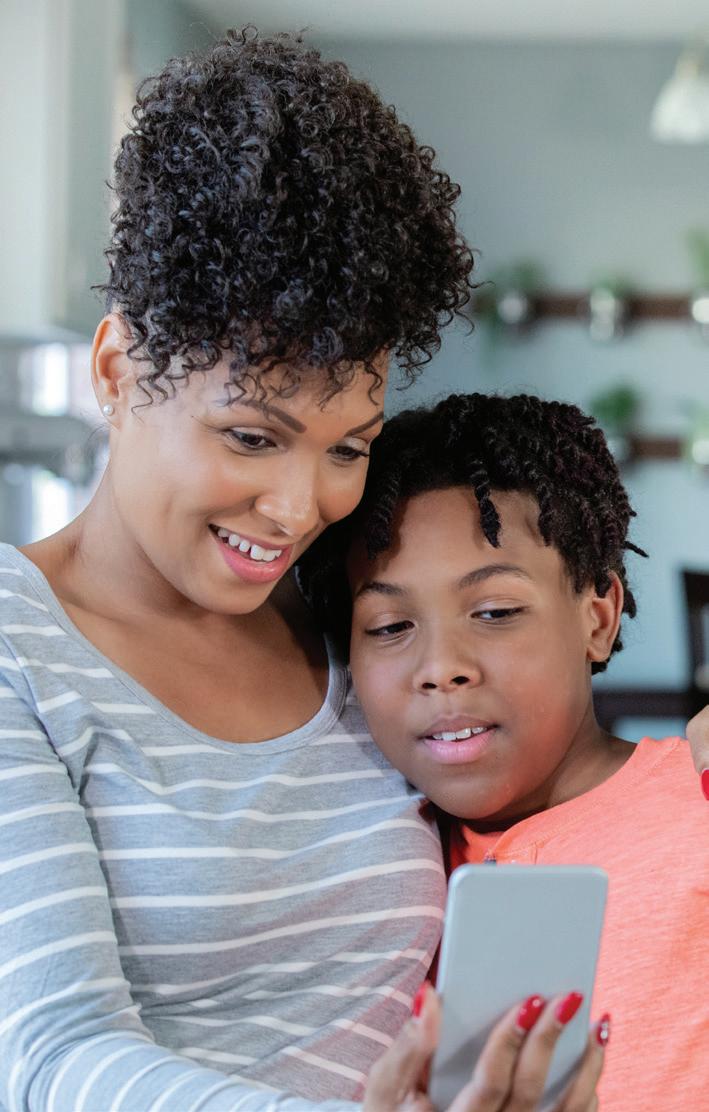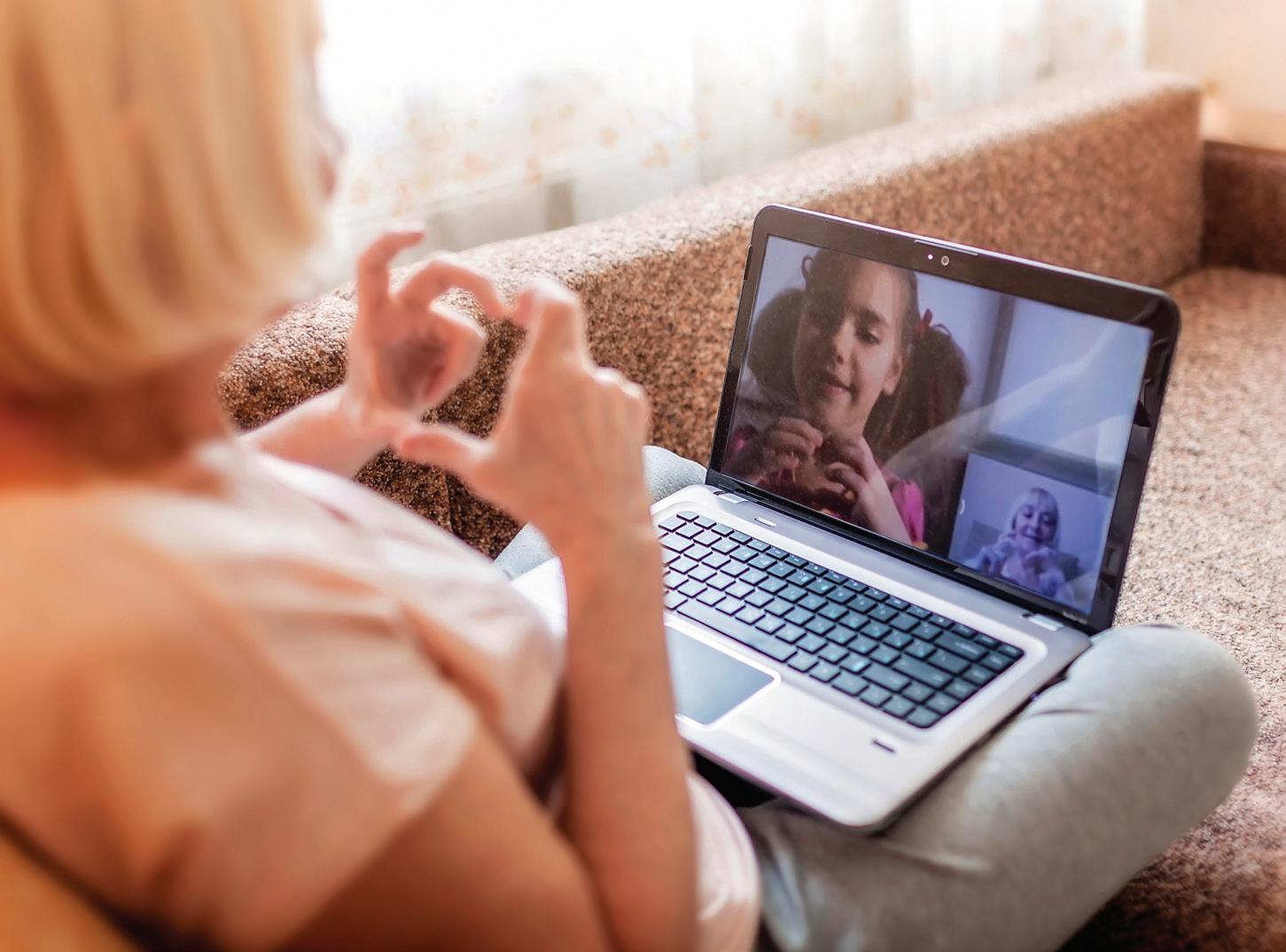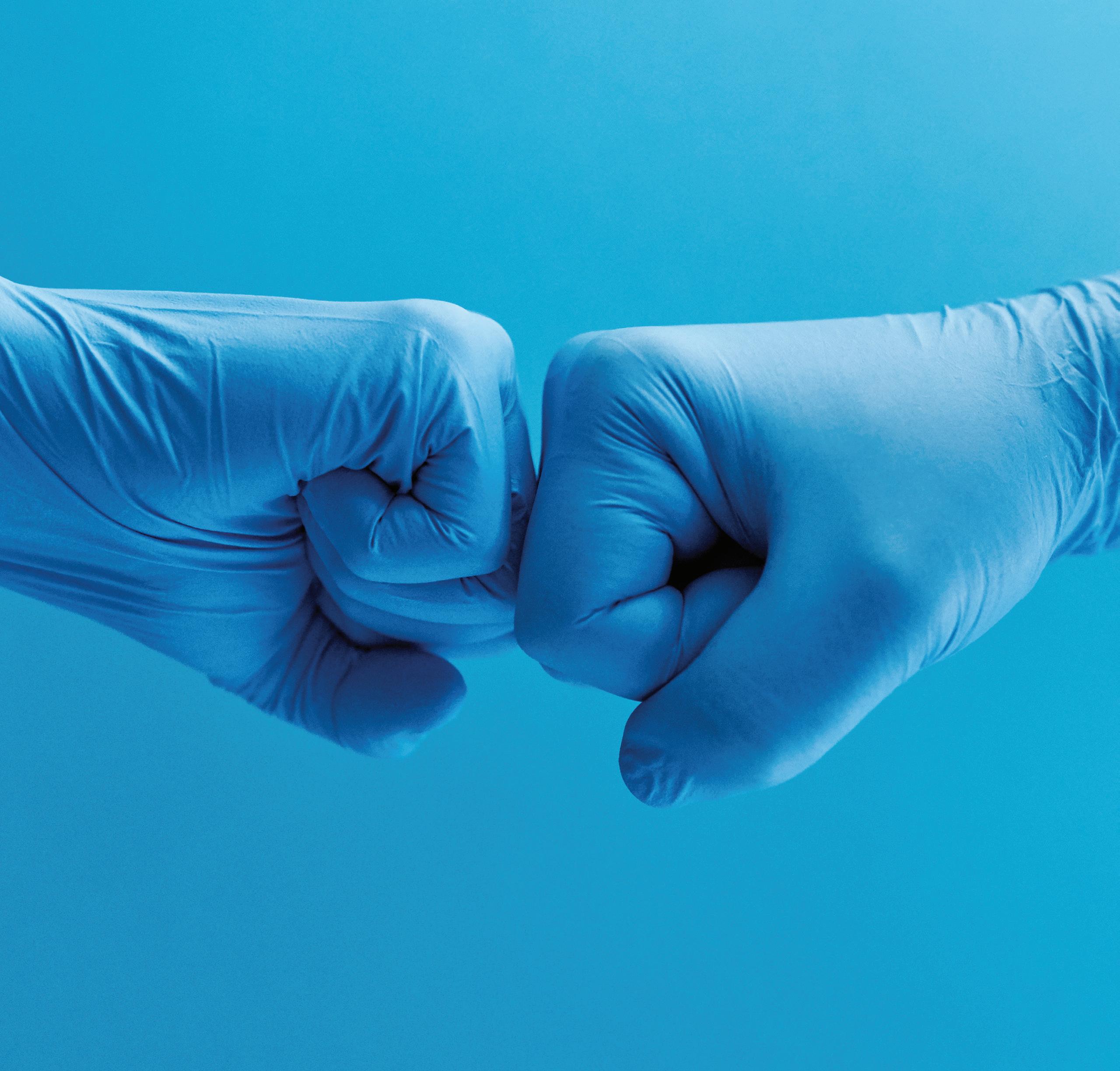
6 minute read
COMPASSION IN ACTION. We don’t
COMPASSION IN ACTION

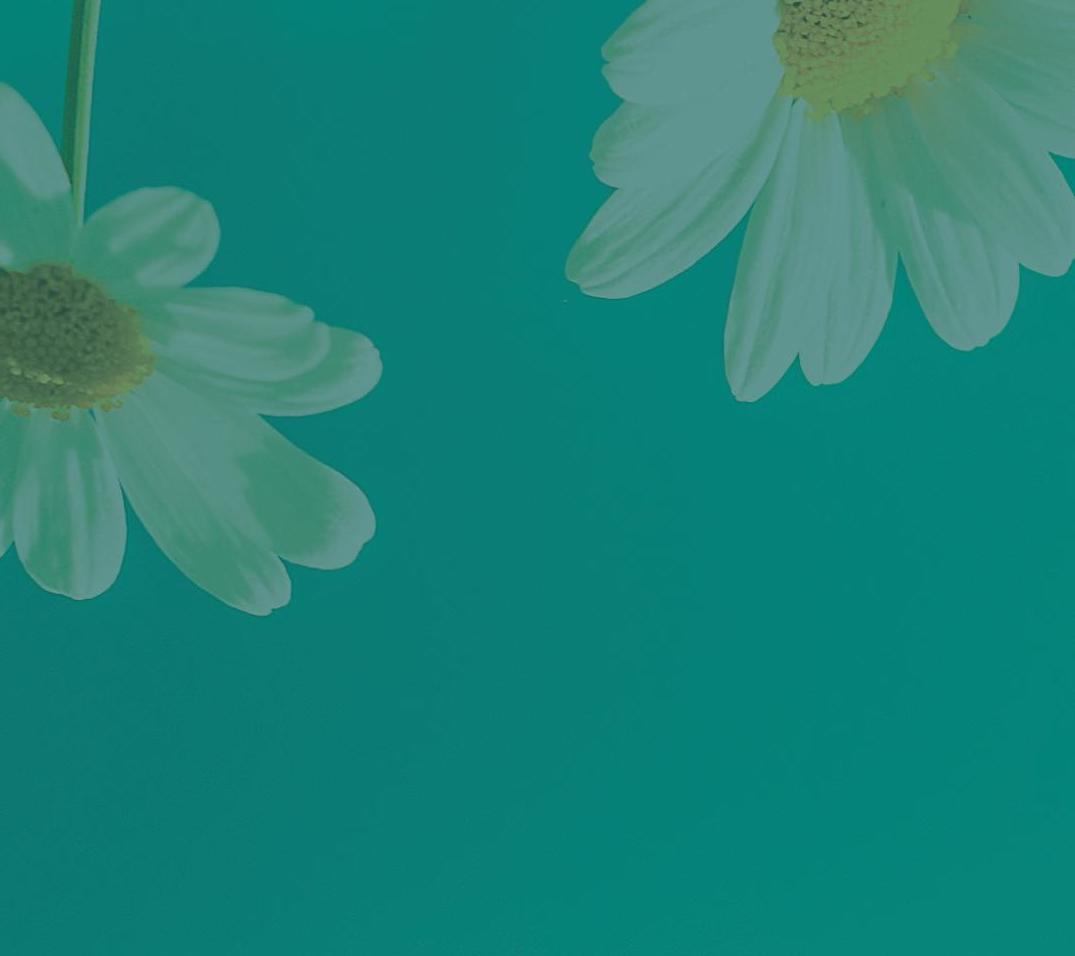
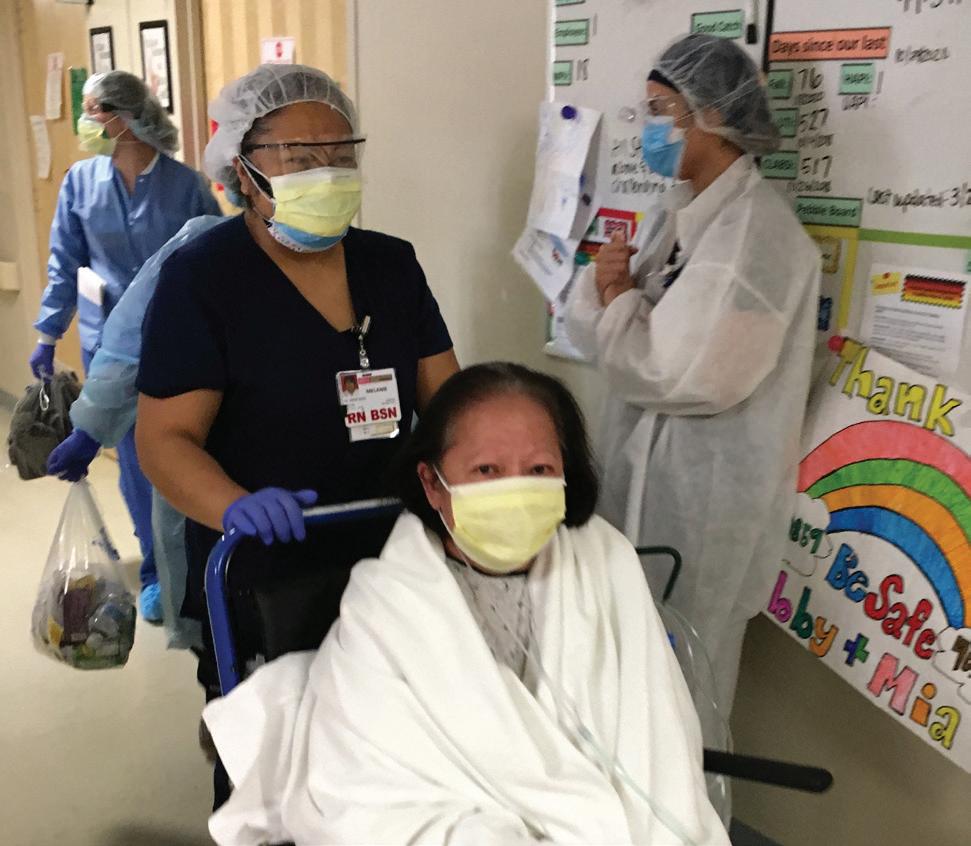

“Helpless.” Th at’s how Nurse Manager Maria “Pinky” Ruiz, MSM, BSN, RN, CCRN, describes her experience as a COVID-19 patient.
In the course of covering COVID-19 units at Robert Wood Johnson University Hospital (RWJUH) Rahway, she had caught the virus, though she didn’t realize it at fi rst. Chills, a high fever, dehydration and symptoms of a urinary tract infection increased until she had to admit that she needed to go to the Emergency Department.
She could have gone to a hospital nearer to her home in Harrison, but she insisted on going to RWJUH Rahway. “I have full confi dence in all the physicians, nurses, in everyone there,” Pinky, as she prefers to be called, says. “I knew that patients there get the best care.” A COVID-19 swab confi rmed a positive diagnosis. Pinky became a patient on a unit where she was usually the one doing rounds.
Her condition didn’t respond to treatment, and she had vomiting and diarrhea. “I knew I was getting sicker. I could see that the oxygen levels in my blood were low,” Pinky
Maria “Pinky” Ruiz, RN, received a “clap out” and the playing of “Here Comes the Sun” upon her discharge.


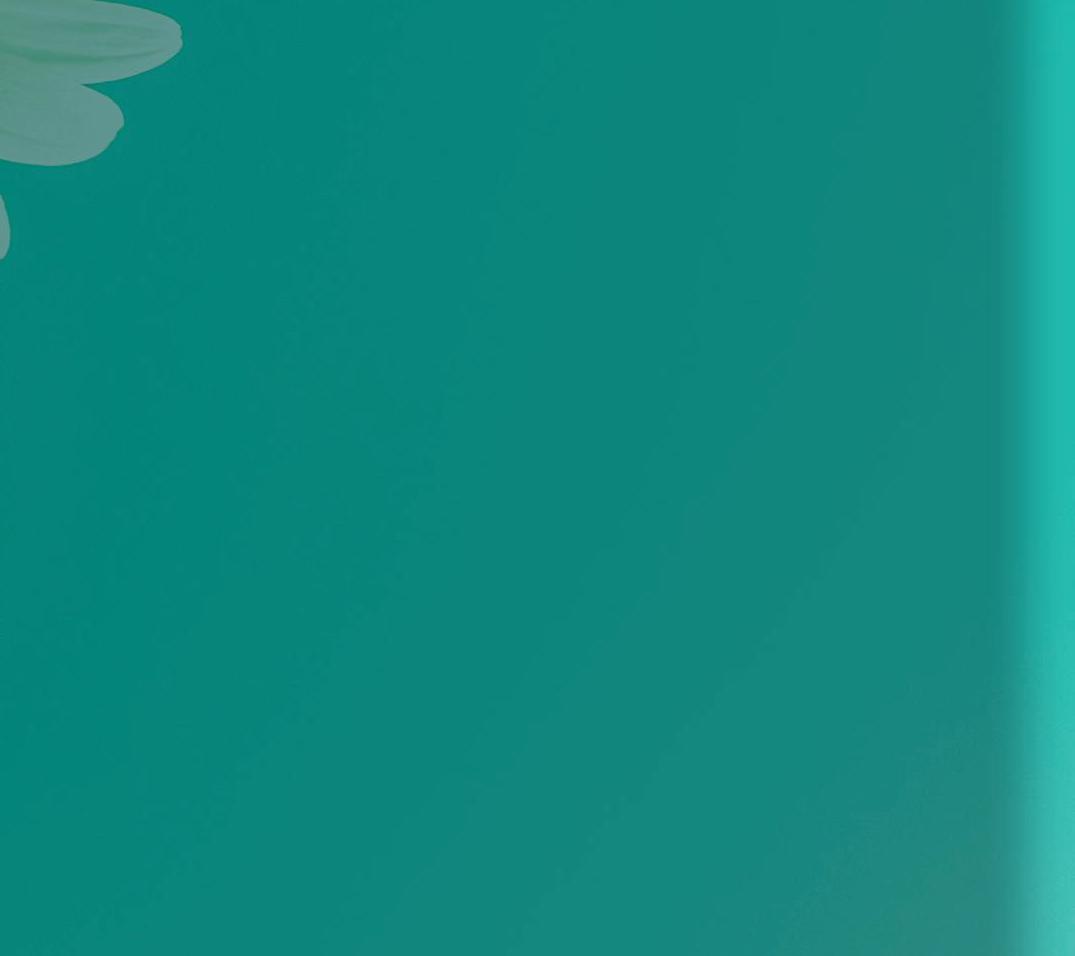


recalls. “No visitors were allowed. I told the staff my only request was, please don’t let me die by myself.”
Because she is a nursing supervisor, her phone was continuing to receive alerts about emergencies in the hospital. “I could hear them calling codes and the room numbers. I could hear that people were dying all around me. I would sit up in bed and pray, ‘Please, don’t let me be next.’”
Th e combined eff orts of specialists in infectious disease, pharmacy and nursing eventually hit upon the combination of medications that would start Pinky on the road to recovery. “I will be forever grateful to them,” she says.
She’s grateful, too, for the kind and sympathetic care she received from a range of caregivers. “Th e nursing assistants who bathed me, the nurses who without my asking would bring me a box of tissues or a cup of ice. Th e nurse who brought me an extra cup of tea in the morning. Yes, they’re there because they have a job to do—taking vitals, whatever— but they went above and beyond.
“I’m a critical care nurse, we save lives. I know all about dramatic scenes, pumping on people’s chests, all that. But the bigg est takeaway I have now is that it’s the little things that count, because you’re helpless and can’t do anything. Th e small things you do are so meaningful, and that is what people will remember you by.”
Pinky spent 10 days in Care Connection, a subacute unit at RWJUH Rahway for recovering COVID-19 patients. As soon as she was discharged, she began to count the days until she could get back to work.
“I want to say thank you to everybody who touched me,” Pinky says. “I’m also concerned about the people on our staff who saw so much death and suff ering. How can we help them? Th at’s another reason I want my colleagues to see me come back. Not everything is doom and gloom; there are successes.
“And here I am, I’m the example. Th anks to their care, I’m walking the halls and making rounds again.”
WE DON’T HAVE THE SPACE TO TELL ALL OF THE STORIES OF CARE AND COURAGE WE’VE SEEN IN THESE CHALLENGING TIMES. HERE ARE JUST A FEW.


HEARTFELT SYMPATHY
“Having no visitors allowed at the hospital has made it really hard o n grieving families,” says Karen Vargas, BSN, RN, Emergency Department Nurse Manager. “They never got to see their loved one or say goodbye. I wanted to find a small way for them to get some closure.”
Her idea: to mail a card of sympathy to families along with the actual EKG (electrocardiogram) of their loved one.
Vargas took the patient’s EKG strip, inserted it into a small glass bottle and affixed that to the card. More than 50 of these went in the mail May 1, with more planned to go out until the end of the no-visitor policy.
The card reads:
“You hold your loved one’s heartbeat in your hand. A simple strip of paper filled with the essence of them. The heart is the place we hold our joy, sorrow, courage, love and faith.
“At Robert Wood Johnson University Hospital Rahway, we treat all our patients like family and although you could not be by your loved one’s side during this extremely difficult time, please take comfort in knowing that your family member was cared for and surrounded by love until the very end. Our deepest condolences.”




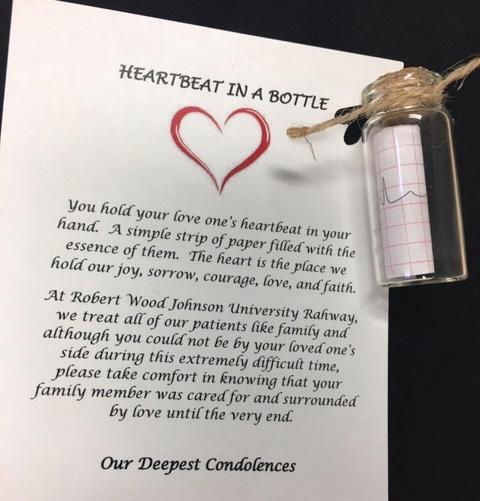
WIRED TO HELP
Early on in the crisis, a 93-yearold woman had passed away in the hospital without family present because no visitors were allowed. Courtney Kovacs, BSN, RN-BC, 2E Nurse Manager (in foreground at left ), knew that the patients’ daughters wanted to see their mother one last time. She helped the patient’s nurse prepare the woman for her family and then arranged a FaceTime session with each daughter so they could say goodbye privately.
The grateful daughters told Kovacs she had made a huge difference to their family. Hospitals throughout the RWJBarnabas Health system have since purchased iPads to enable families to communicate with their family members while they’re in the hospital.


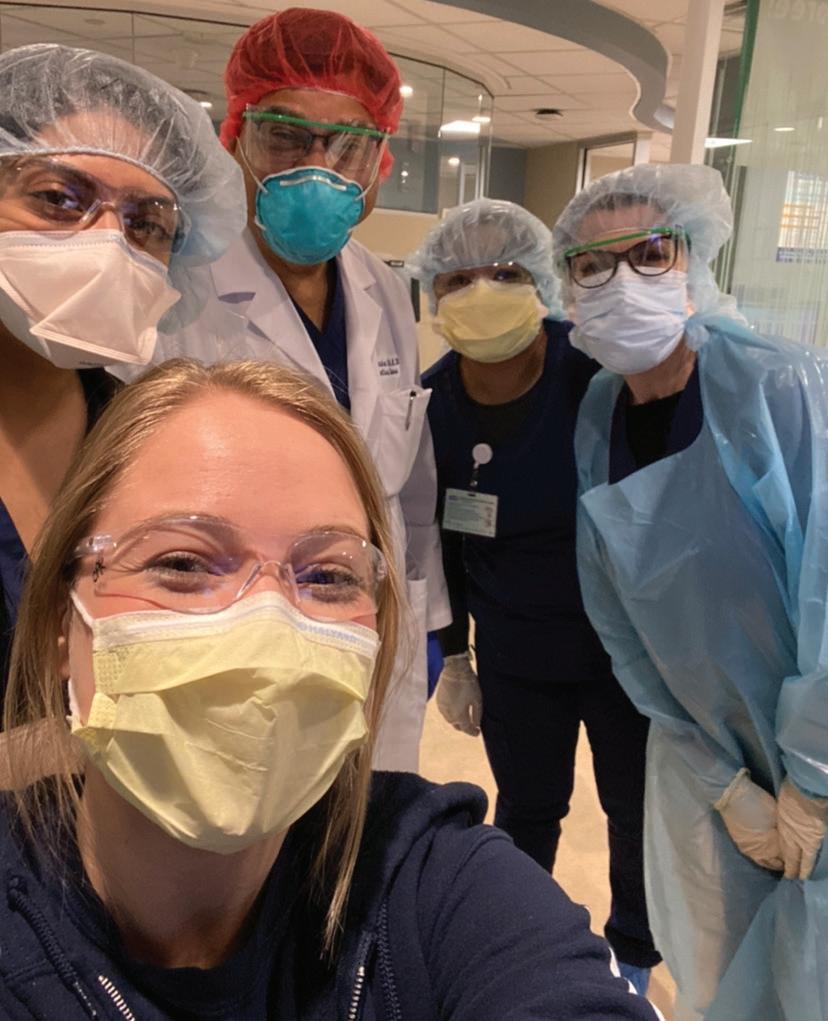
FOREVER IN OUR HEARTS
COVID-19 took the life of Alex Kowalenko, DO, age 90, a beloved osteopathic physician. Dr. Kowalenko practiced medicine for almost 60 years and was affiliated with RWJUH Rahway for almost 30 years. His rich legacy includes having inspired two other family physicians: his daughter, Karen Kowalenko, DO, and his son, Thomas Kowalenko, DO, local family practitioners with ties to RWJUH Rahway. “He was everyone’s doctor,” says his granddaughter, Madeline Warshauer, who has worked as a development intern at RWJUH Rahway. “He cared and took care of all.”
Dr. Alex Kowalenko’s family has asked that donations be made to the “Dr. Grandpa Alex” fund to support the RWJUH Rahway COVID-19 Relief Fund: www.rwjbh.donordrive.com/campaign/Dr-Grandpa-Alex.



